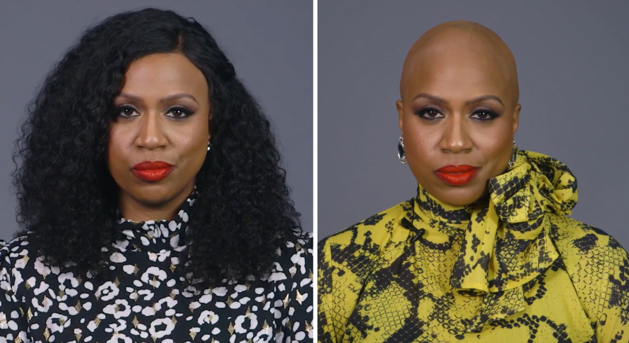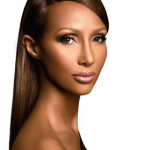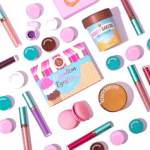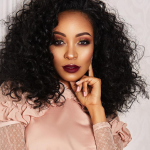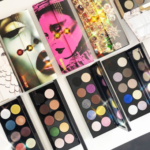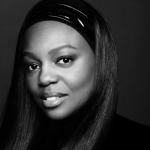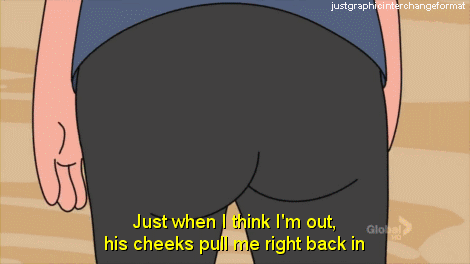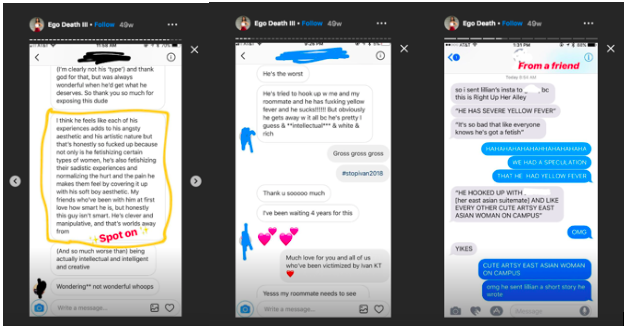Originally published in our Spring 2018 Reader, Dev Blair's poem "Curls" is one of two prose poems that "tell a part of the story of a young femme wrestling with the ways in which they meet the world and the ways in which the world meets them."
In their abstract, Blair explains that:
"In Curls, I draw parallels between my hair’s relationship to relaxers and my relationship to men, using the comparison to analyze the ways that I’ve been mistreated by the men in my life. While the terms “queer” and “non-binary” don’t feature in the poem itself, the experiences I describe within are inextricably tied to those parts of my identity, by virtue of how these things influence which men I interact with and how I am seen by them."
If you are interested in buying a physical copy of the reader, email hoochie@bu.edu ! We are selling them for $5.
[ Content warning: for mentions of depression ]
Curls
by Dev Blair
For a long time, I didn’t quite understand the term “natural.”
See, I knew that curls grew from my scalp naturally and I also understood that I could see my curls intertwine and loc beautifully—if I ever stop tryna cop Britney’s ’‘07 hairdo every time I have a breakdown.
But what I didn’t get was how we could name our curls—something so deeply personal and meaningful—”natural,” as if to make them sound normal, mundane, or palatable.
See, I don’t want my curls to be something you can stomach, another vaguely ethnic dish for white eyes to consume.
My curls are something your combs cannot tame, your brushes cannot beat back, your razors cannot cut down.
My curls are twisted and kinky and they like to play rough.
Relaxers hide their faces in shame when they see my curls, gettin’ clowned on in their workplaces for lack of game, their own failure to play aces, ultimately to blame for their inability to run bases and tame my militant curls.
Like men disappoint me, so too do relaxers disappoint my curls. Inviting them in with promises of beauty and a future, they leave them desolate and lifeless after extracting every ounce of magic and joy from their being. Slinking down the drain, they take my curls’ hopes and dreams and parts of themselves with them.
Capitalizing on my curls’ labor and my curls’ abuse, relaxers are like men to me, suitors that preach and preen over how faithful they’ll be, only to treat our “unruliness” as a liability.
White cream slathered on black curls, like white men slobbering over black girls, suffocating them with their emotional unavailability, then leaving them a little more broken than they were found, even though it’s been years since they were chained and bound to Eurocentricity’s straight and narrow Middle Passage.
Postcolonial as in post relaxer as in post heart break post break up postmodernism, this is a poem posted like a notice on every door and Facebook wall saying that I’m better off without them. And so are my curls.
My beauty is achieved, not defaulted. My strength is earned, but not exalted unless it can be used to turn a profit.
My pretty smells of hard work and healthy routines learned from unhealthy habits and a history of hurt. My curls shine with a radiance not natural nor innate but learned from every trial that turned out to be a mistake. She must learn to love themself, because others don’t care to take the time to learn how to love me.
My curls have got it on loc because when I unlocked my heart for you, instead of with it you ran away with the key and so now only rage spills out, with no kiss to fix it or stop it up.
With each beat of my thoroughly disappointed heart, the rage rushes to my ears, breaking every part of myself I curated like fine art. As I crumble into sadness, the blood pounds with the barking madness of hell hounds bounding after their-query for you: “did it feel good to waste my time?” Before the answer can be found, my innocence dies like the Virgin Hairy, killed by sounds in my head of “you’re undesirable,” and “you’ll never marry,” and I am left limp and wet and barely recognizable.
Solange wrote a catchy song about it, so y’all get it already, right?
But see, you don’t. Because my curls are not just the feelings I wear, but the product of the pain I bear and the parts of myself I refuse to share and the things that I talk about in prayer.
I am not natural. Neither are my curls. We are more than you could ever hope to call natural—after all, what is natural about a body ravaged by the politics of desirability?
See, love is a battlefield and my body is the site of war. Y’all come into my life, fuck shit up, then call me whore so now I can’t sleep. I can’t rest or lay down and neither can my curls, and girls, that’s how we all got our razor-sharp edges-from pain so intense, we can’t even weep. That’s why I shave my head like I’m shearing a goddamn sheep, so if you want my curls, know that the price is steep. Don’t hurt me so deep that I can’t keep myself together. If you can avoid that and ease my bleeding heart, help me heal from the times I fell apart, then and only then do you deserve to look at my curls.
